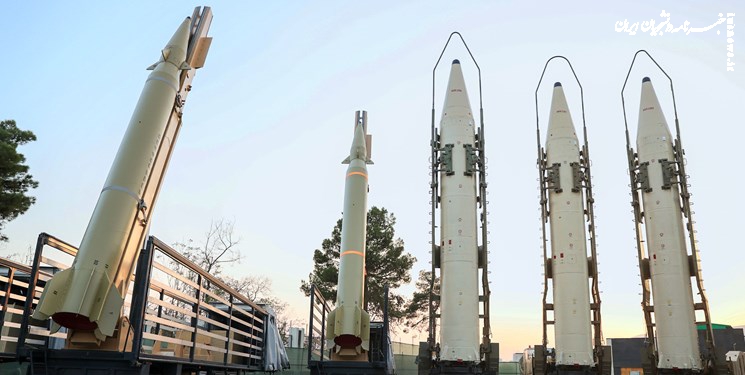to report «iusnews»; Iranian Deputy Foreign Minister for Legal and International Affairs Reza Najafi said that his country sees no obstacle to collaborate with other states in both military equipment import and export as the United Nations embargoes have expired.
The United Nations Security Council (UNSC) has officially declared an end to restrictions it had imposed on Iran’s missile program. The termination came into force on October 18, eight years after the 2015 nuclear deal, officially known as the Joint Comprehensive Plan of Action (JCPOA).
“At the moment, Iran is facing no obstacles in its missile program with regards to both weapons imports and exports,” Najafi stated on Sunday.
“Over the past few days, the UN Secretariat announced in a statement that as October 18th has passed, all sanctions imposed on Iran in the domain of missiles and dual-use equipment related to weapons would be lifted, and the names of some of the individuals put on the sanctions list will be removed from the list,” he added.
“Accordingly, if some countries used to consider some restrictions in their domestic laws regarding their dealings with Iran due to the UN Security Council sanctions [on Tehran], they are now obliged to revise their national laws in this regard,” the top diplomat explained.
The termination, which means Iran is no longer subject to any UN embargoes, occurred despite extensive political and legal efforts made by the United States and Western countries in recent years to lay the ground for keeping the measures in place.
In September, the three European signatories to the 2015 agreement -- the UK, France and Germany -- announced they plan not to terminate their anti-Iran sanctions, including ballistic missile bans, arguing that Iran has been in non-compliance with the JCPOA since 2019.
Tehran on October 18 announced that the entire restrictions imposed on Iran’s ballistic missile-related activities and its associated services and technology have “unconditionally” ended. The foreign ministry in a statement said interaction in all military and defense areas would be carried out, without any restriction, based on the needs and discretion of of Iran, within the framework of bilateral contracts with other countries.
“Iran expects all States to modify and revise, in the case of existence, any relevant restriction or sanction, according to their domestic legal system,” the statement read.
“The defense doctrine of the Islamic Republic of Iran has always been on the basis of domestic capabilities and capacities, and deeply rooted in resistance and power of Iranian Nation. Unconventional arms and weapons of mass destruction has no place in the defense doctrine of the Islamic Republic of Iran,” according to the statement.
“Moreover, the Islamic Republic of Iran will continue to take necessary measures to strengthen its defense capabilities in order to protect its sovereignty, independence, and territorial integrity against any aggression and to counter the menace of terrorism in the region,” it added.
Stressing that the Iranian military capabilities, including ballistic missiles, are exclusively for self-defense, the statement noted, “The Islamic Republic of Iran continues to insist that all sanctions and restrictive measures introduced and applied against Iran, including those imposed under the pretext of its nuclear program, have been baseless, unjust and unlawful.”
Iranian officials say the US and its European allies are not qualified to comment on Iran's defense program, emphasizing that Tehran's missile program is conventional, defensive and fully in line with international law.
Western countries claim that Iran's missile tests and rocket launches violate United Nations Resolution 2231, adopted to endorse the JCPOA between Tehran and the five permanent members of the UN Security Council plus Germany.
Iran has strongly rejected the US allegations that it has violated the UN resolution, insisting that its missile tests and rocket launches are solely for defense purposes and not designed to carry nuclear warheads.
Iran has always stressed that the nuclear agreement does not affect its right to build and have a strong national defense, especially after facing international sanctions preventing it from buying weapons to defend itself against the eight-year war that Iraq started in 1980.
The Islamic Republic’s military doctrine holds that the country’s armed capability solely serves defensive purposes.
Iranian military experts and technicians have in recent years made substantial headway in manufacturing a broad range of indigenous equipment, making the armed forces self-sufficient in the weaponry sphere.
Iranian officials have repeatedly stressed that the country will not hesitate to boost its military capabilities, including its missile and drone power, which are entirely meant for defense, and that Iran’s defense capabilities will never be subject to negotiation.



